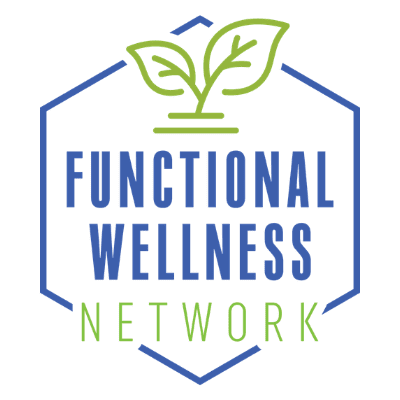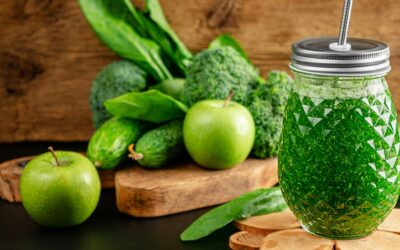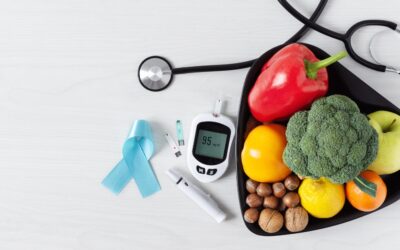You’ve probably heard many claims that some common foods or food ingredients are toxic. Fortunately, most of these claims are not supported by science.
However, there are some ingredients that can be harmful, especially when consumed in large quantities.
Here are five foods, ingredients or compounds worth worrying about.

1.Bisphenol A
Bisphenol A (BPA) is a chemical that used to be found in the plastic packaging of many common foods and beverages and in the inner lining of metal cans (e.g., those used for canned tomatoes).
However, studies have shown that BPA can leach out of these containers and into the food or beverage.
BPA is believed to mimic estrogen by binding to receptor sites intended for the hormone. This may alter typical hormone function.
In addition, studies in pregnant animals have shown that exposure to BPA leads to problems with reproduction and increases the future risk of breast and prostate cancer in a developing fetus.
Some observational studies have also found that high levels of BPA are associated with insulin resistance, type 2 diabetes and obesity.
2. Artificial trans fats
Artificial trans fats are made by injecting hydrogen into unsaturated oils such as soybean and corn oils to convert them into solid fats. They used to be in many processed foods, such as margarine, snack foods and packaged baked goods.
However, observational studies have repeatedly shown that trans fat consumption causes inflammation and has negative effects on heart health.
Some foods of animal origin may contain some naturally occurring trans fats, but they do not have the same negative health effects as industrial trans fats.

3. Polycyclic aromatic hydrocarbons
Polycyclic aromatic hydrocarbons (PAHs) are considered environmental pollutants. They arise from the burning of organic matter, but are also found in food.
Polycyclic aromatic hydrocarbons (PAHs) are considered environmental pollutants. They arise from the burning of organic matter, but are also found in food.
When meat is grilled or smoked at high temperatures, fat drips onto hot cooking surfaces and produces volatile PAHs that can leach into the meat.
Although red meat was once thought to be the main culprit, samples of grilled chicken and fish have been found to contain similar levels of PAHs.
4. Added sugars
Added sugars are often referred to as “empty calories”. However, the harmful effects of sugar go far beyond that.
High fructose sugar, such as high fructose corn syrup, in excess, has been linked to many serious conditions, including obesity, type 2 diabetes, metabolic syndrome, fatty liver disease and cancer.
Foods high in added sugars are also highly processed and can have addictive properties that make it difficult for some people to regulate their intake of these foods.
Some researchers have attributed this to sugar’s ability to trigger the release of dopamine, a neurotransmitter in the brain that stimulates reward pathways.
5. Mercury in fish
Fish is an extremely healthy animal protein, but certain varieties of deep-sea fish may contain high levels of mercury, a known toxin. This is the result of the contaminant making its way up the food chain in the sea.
Plants growing in mercury-contaminated waters are eaten by small fish, which are then consumed by larger fish. Over time, mercury accumulates in the bodies of these larger fish, which are eventually eaten by humans.
Mercury is a neurotoxin, which means it can damage the brain and nerves. Research suggests that young children and pregnant and lactating women are at particularly high risk, as mercury can affect fetal and infant brain and nervous system development.

Reducing your intake of processed foods is one way to greatly reduce your exposure to things like refined seed oils and added sugar.
Breakfast can be a good place to start. Try replacing a fast food or frozen breakfast with homemade scrambled eggs, diced potatoes, vegetables and cheese. For a quick and convenient breakfast option, make a big batch ahead of time and eat it throughout the week.
Are there any processed foods you eat regularly that you could easily replace with a whole foods version?
Dr. Mansi Shah
Functional Wellness Network
www.functionalwellnessnetwork.com




